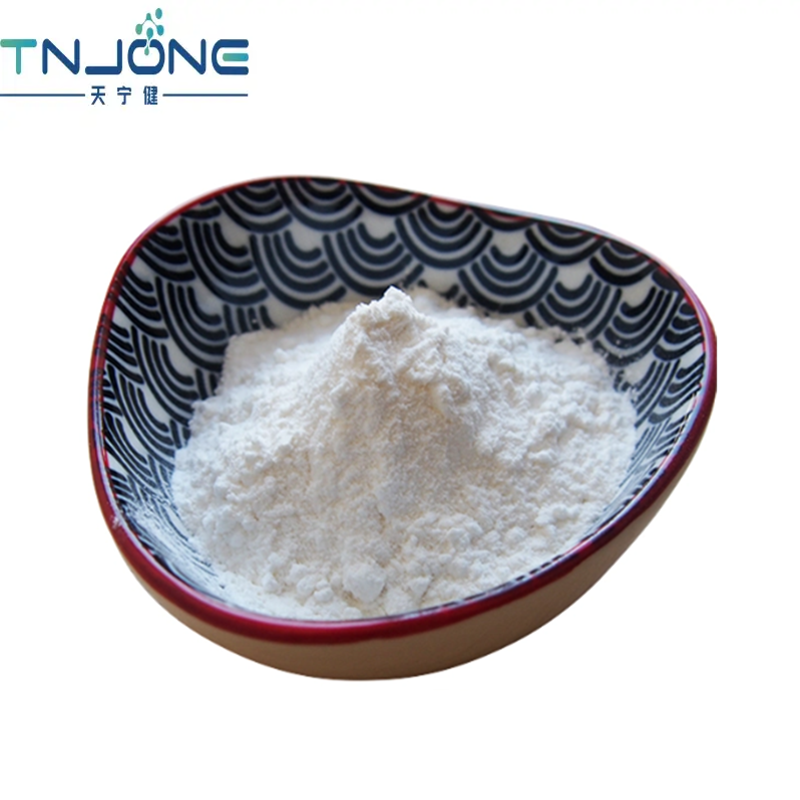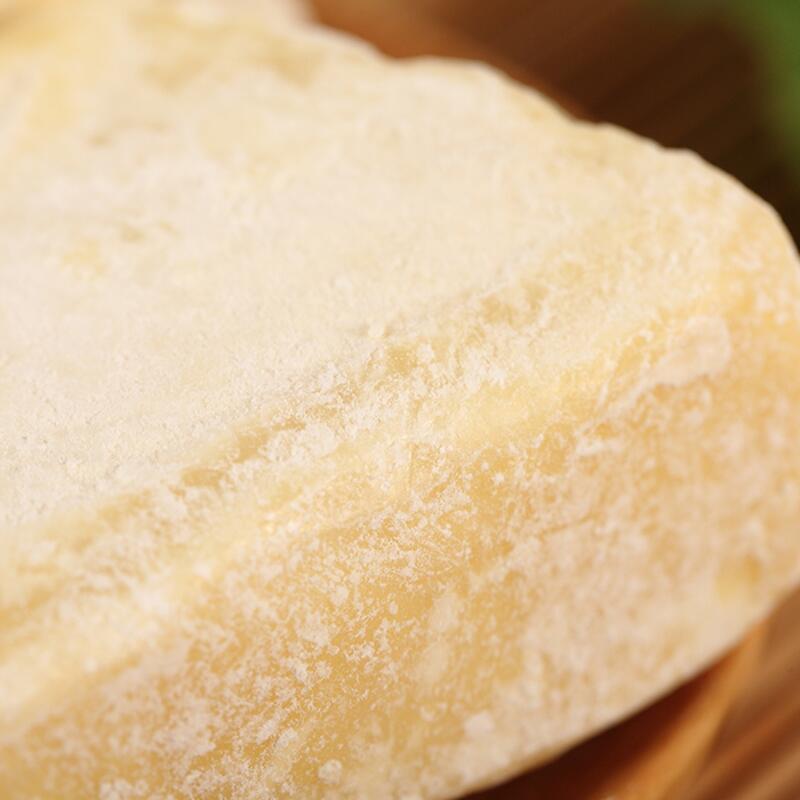-
Categories
-
Pharmaceutical Intermediates
-
Active Pharmaceutical Ingredients
-
Food Additives
- Industrial Coatings
- Agrochemicals
- Dyes and Pigments
- Surfactant
- Flavors and Fragrances
- Chemical Reagents
- Catalyst and Auxiliary
- Natural Products
- Inorganic Chemistry
-
Organic Chemistry
-
Biochemical Engineering
- Analytical Chemistry
-
Cosmetic Ingredient
- Water Treatment Chemical
-
Pharmaceutical Intermediates
Promotion
ECHEMI Mall
Wholesale
Weekly Price
Exhibition
News
-
Trade Service
Sugar reduction has become an inevitable trend in the development of the beverage industry as a whole. Driven by increased consumer health awareness, drinks labeled as sugar-free and low-sugar have challenged traditional products in the beverage industry. Retail sales of sugar-free beverages continue to grow rapidly, with more and more consumers opting for low-sugar, sugar-free or sugar-free beverages.60
Chinese consumers have bought sugar-free drinks, with sales up more than 10 per cent year-on-year last year, well above the overall growth rate of beverages, according to China Data. On an e-commerce platform, sales of sugar-free drinks reached 59 million yuan in May, up 210% year-on-year. The increasing market penetration rate of sugar-free beverages has given birth to a huge market size and considerable market prospects.
data show that 62% of the world's consumers choose their drinks based on the health impact of their products; 48% of the world's consumers say they choose low- or 0-sugar drinks; and China's zero-sugar market grew by 9.6% and 9.2% in 2017 and 2018, respectively, to 145.4 million litres. Beverage enterprises adjust the formula, take the initiative to adapt to consumer tastes, have launched sugar-free products.
huge market potential attracted Yili, Jianlibao, Nestle and a number of beverage industry giants, as well as CoCo, Nai Xue tea and other milk tea brands continue to join the domestic sugar-free beverage track. Take the red-hot Yuanfang forest bubble water as an example, in January-May this year won a staggering 660 million yuan sales, forcing last year's 700 million yuan of full-year sales.UK
Recently, Public Health England published a report that found that the total sugar content of drinks taxed per 100 millilitres in the UK fell by 43.7 per 100 millilitres between 2015 and 2019, a significant reduction from the sugar content of all foods. The TAX on the UK's soft drinks industry began in 2018.
the UK's sugar reduction scheme, food categories, unlike taxes in the soft drink sector, have been set as voluntary targets.
UK Soft Drinks Industry Tax (SDIL) applies to non-alcoholic packaged beverages with added sugar (i.e. alcohol content of less than 1.2 per cent). The UK imposes a sugar tax of 18p per litre for soft drinks containing more than 5g/100ml and 24p per litre for sugar content of more than 8g/100ml (except for milk drinks and 100% pure fruit juice).
of drinks affected by the tax rose by 14.9 per cent, but total sales of sugary drinks fell by 35.4 per cent. The report also highlights that the total amount of sugar purchased by each household from SDIL-bound beverages has declined across all socio-economic groups. Between 2015 and 2019, one-time calorie intake decreased by 35.2%. In terms of eating out, the average total sugar content of SDIL-restricted beverages decreased by 38.5 per cent and the calorie intake from one-time drinking decreased by 37.7 per cent.
report acknowledges that, since the analysis does not take into account other factors, it is difficult to draw conclusions as to the extent to which these changes are the result of taxation. Sugar-free fruit juices and sugary milk drinks, although not covered by SDIL, have been included in the voluntary sugar reduction program. By 2021, the industry (retailers, manufacturers and the food sector) is expected to reduce the overall sugar content of fruit juice drinks by 5% and the overall sugar content of milk drinks by 20%..
. began piloting a sugar tax in Philadelphia, Pennsylvania, in June 2016, charging 1.5 cents per ounce on all drinks containing sugar or artificial sweeteners.
New York City has announced a national plan to cut sugar in packaged foods and beverages by 20 percent. The New York Department of Health said it would launch a nationwide salt reduction program, working with about 100 health departments and related groups.
plans to meet 13 sugar reduction targets for food and beverage products by 2025. The Philadelphia Department of Health said it strongly supported the plan. The Grocery Manufacturers Association says the grocery industry has stepped up its efforts to promote low-sugar, sugar-free and low-calorie products.
's sugar reduction program aims to cut sugar by 20 percent in packaged foods, including desserts, ice cream, candy, Uggs, cereals and condiments. Soda water, sports drinks and fruit drinks, sweet milk sugar reduction 40%.
In addition to the above, Thailand may become the first country in Asia to impose a sugar tax, with a 20% increase in the retail price of drinks with a sugar content of 6% to 10%, and a 25% increase in the price of beverages with a sugar content of more than 10%, which will be announced after the cabinet meeting.
, Italy, Malaysia and other countries have introduced sugar tax policy.
.







